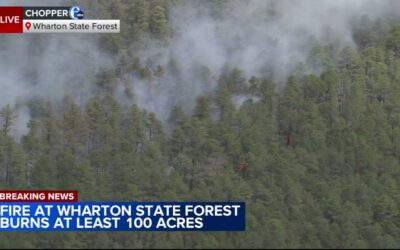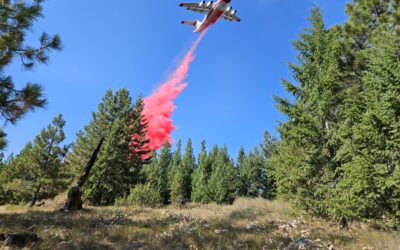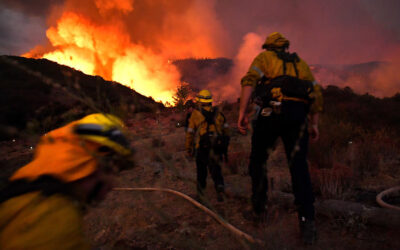Years ago, I worked at a fire department where most of the firefighters were either hunters or gear heads. And most were both. Most of them got along just fine because they had a lot in common with each other. The officers of the department got along with their crews because they had a sense of camaraderie. On days off, they often went hunting together or helped each other with projects. It’s a generalization but those firefighters who shared in the same interests and pastimes as their supervisors were often seen as better employees than those firefighters who didn’t share in those common pastimes.
When I was a Forest Fire Chief, the people I hired as my deputy chiefs and staff, often had similar backgrounds as I did. Our foundation came from operations. My two deputy chiefs were both type 2 Ops qualified, and I was a type 1 Ops Chief. We had that “gitter dun” attitude. We had the same outlook about our work and values. If something wasn’t working, we reached for a bigger hammer. You know how it is.
But we had a few others in middle management positions who weren’t cut from the same cloth. They had more of the “Planning Chief” mentality. Often, when the “group think” was to plow ahead and force something and make it work, the “planners” would want to pause and get us to slow down. It was frustrating as heck for us knuckle dragging Ops folks… until I finally realized maybe there was some wisdom in their thinking.
When fall came around and the days got cooler and fire season slowed down, everyone was taking their time off for the long-awaited hunting season. When the weather cooled and the skies turned blue, the stations and offices emptied while my staff and crews were out in the woods chasing deer and elk.
I had a seasonal drive in the fall too. But mine centered around picking and cooking up the local apples to use in my seasonal baking. We all had a need to switch gears with the change in weather. We just did different things. We had similarities but still some significant differences, which can impact the organization.
Later in my career in a higher-level position, I supervised an accomplished firefighter who was my deputy. He and I were both experienced and qualified type 1 Ops Chiefs. But now we had to practice a bit more finesse in our approach to dealing with our organization. In my case, I still had to communicate with crews, engines, and aviation folks; but now I had to deal with political appointees and elected officials. I needed my deputy to represent all the field folks. The problem was he was an old hotshot superintendent. And “his boys” were the hotshot crews. Even though his job was to manage and provide leadership to all the firefighters, he was really just an advocate for the hotshot crews.
So, what do all these stories from an old boomer have to do with you as leaders today? Glad you asked. When do you think you’re doing your best as a leader? What’s the measure you would use? Is crew performance a good measure? If your hand crew or engine crew is operating like a well-oiled machine, does that mean you’re being a good leader? I think it probably does. A crew will perform well because they’re well led. A high performing team with poor leadership is not sustainable. Bad leadership can only last so long before the house of cards collapses. That’s not surprising, is it? Of course not. We as leaders want our unit, whether it’s a crew, a station or a department to be high performing. That high performance brings the organization pride and an esprit de corps. As a leader you can take pleasure in your organization’s performance knowing that they are getting a critical sense of job satisfaction from their work. And that job satisfaction is probably having an impact on their home lives as well. It’s a ripple effect. You as the leader, set the tone, establish expectations and hold folks accountable. And as sure as deer season rolls around in the fall, crew performance improves.
Let me propose a hypothetical situation. You work at an out of the way station. You’ve been working with the same crew for a while. You all get along. You do things together on your days off. You even plan hunting trips together in the fall when the season cools down. But you’re getting a new crew member and none of you know too much about them. Before the shift starts, you’re outside talking to your bro’s about the new lift kit you had installed over the winter on your Tacoma. Discussions ensue comparing someone’s F-250 and their new wheels. While you’re insulting each other’s trucks, into the parking lot comes a Prius and the new firefighter. “Oh hell, a Prius?” Your tight knit crew cohesion just took a round to the heart. How are you all going to deal now? In the past, the crew barely had to use words to communicate. You knew what each other was thinking. The captain just had to give you a glance and you knew what they wanted. But that careful balance was now off center because there is a crew member who isn’t like you. It’s going to be a challenge for the crew and the captain.
Leadership demands that each member of the crew, the captain, the chief and all the way up to the highest level of the organization – be a leader for their entire organization. Not just to the guys who go hunting together. Not just to the gearheads who can discuss the latest truck suspension options. Everyone must be included in the team. This is where we talk about “inclusion.” Inclusion isn’t a dirty word. Inclusion is how your crew, your team, your work unit can excel. How well is your engine crew going to perform if one person feels excluded from the inside jokes? I’ll answer that question for you. Poor crew cohesion and poor crew performance will result from members of your crew not feeling like a part of the whole.
This means being a lone female on a crew of guys. It might mean someone who’s a different race. What about someone from the big city working at a small-town station? It could be the lone guy on an all-female crew… or it could be someone with different political views. When we’re at work, we have to be a part of the team regardless of our differences. And as a leader (and everyone is a leader regardless of your rank), we have to be a leader to everyone on the team!
A good leader wants to learn, wants to understand their motivations and acknowledge their shortcomings. It’s like conducting an AAR. We can’t learn if we don’t identify what needs improving. And we don’t need perfection. We need improvement. I don’t think she was a firefighter but, Mother Teresa was once quoted as saying, “it’s not about success, it’s about progress.” Let’s all make some progress and improve the way we treat each other at work. It will bring you one step closer to a high functioning team.
Now Available
Both Sides of the Fire Line is Bobbie Scopa’s uplifting memoir of bravely facing the heat of fierce challenges, professionally and personally. It’s available now.
Order from Amazon Order from Barnes & Noble
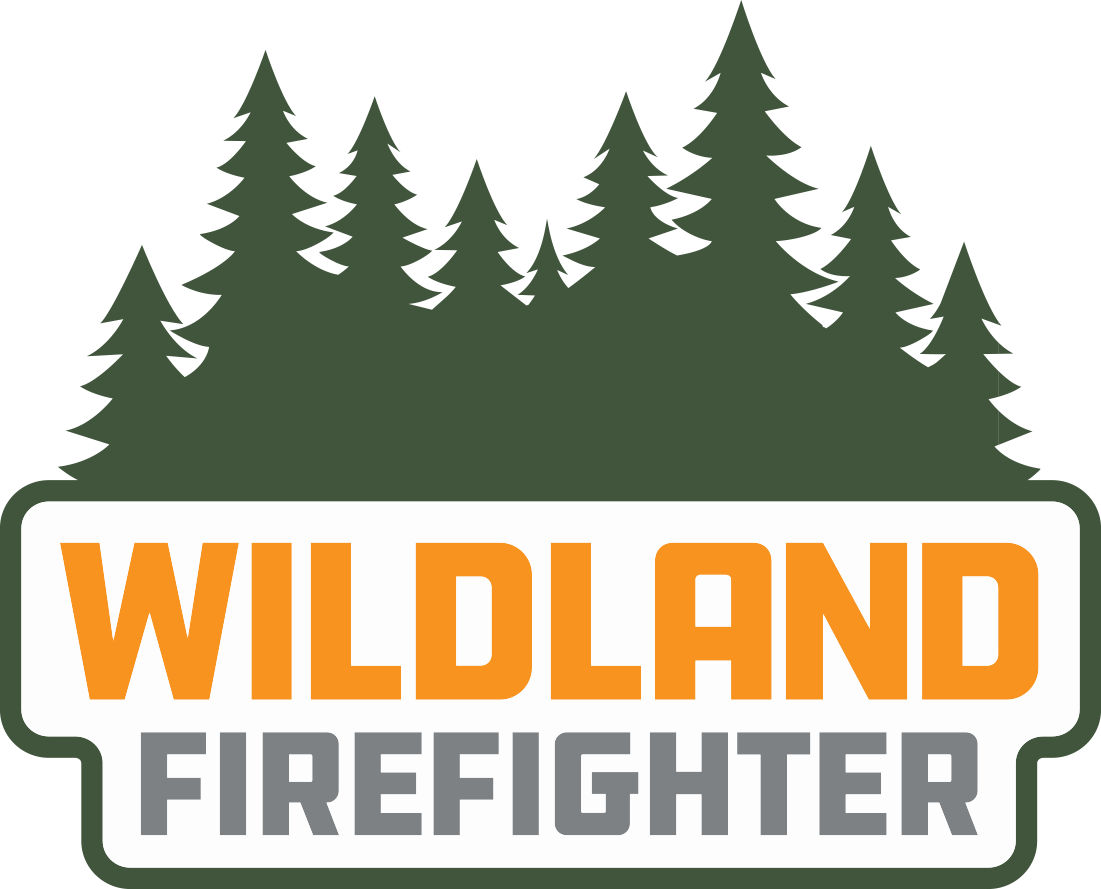
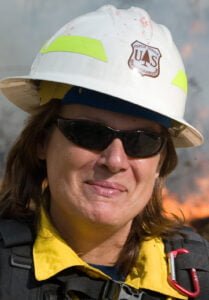 Bobbie Scopa started her career as a seasonal firefighter in 1974. After graduating from Arizona State University, she went on to work in fire and natural resource management. Eventually she left the wildand agencies to work full time for a structure fire department. She finished her Masters in Forestry at NC State then went back to the US Forest Service and BLM eventually becoming the Assistant Regional Fire Director in Region 6. Bobbie has spent many years working as a type 1 and 2 Operations Section Chief. You can listen to Bobbie tell audio stories from her long career at BobbieOnFire.com. She has also recently completed her memoir titled “Both Sides Of The Fire Line”. It will be available through Chicago Review Press late summer of 2022.
Bobbie Scopa started her career as a seasonal firefighter in 1974. After graduating from Arizona State University, she went on to work in fire and natural resource management. Eventually she left the wildand agencies to work full time for a structure fire department. She finished her Masters in Forestry at NC State then went back to the US Forest Service and BLM eventually becoming the Assistant Regional Fire Director in Region 6. Bobbie has spent many years working as a type 1 and 2 Operations Section Chief. You can listen to Bobbie tell audio stories from her long career at BobbieOnFire.com. She has also recently completed her memoir titled “Both Sides Of The Fire Line”. It will be available through Chicago Review Press late summer of 2022.